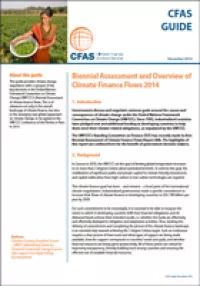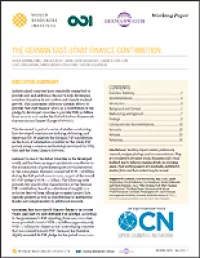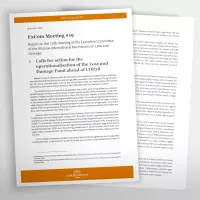
UNFCCC

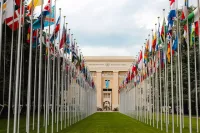
Mathias Reding / Unsplash
The climate crisis continues to intensify worldwide. However, the main culprits of the climate crisis have so far shown a lack of financial support for dealing with loss and damage. The decision to set up a loss and damage fund at COP27 was a historic milestone after several developed countries had blocked it for many years. At COP28 in Dubai, the fund must now be made operable and filled adequately.

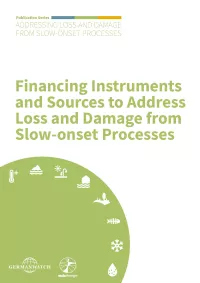
In addition to amplifying extreme weather events, climate change also causes or intensifies slow-onset processes such as sea-level rise, desertification, biodiversity loss or permafrost thaw. Both types of climate change impacts cause loss and damage, impede the enjoyment of human rights and can be drivers for human mobility. In contrast to extreme weather events, dealing with loss and damage caused by slow-onset processes in the context of climate change is still neglected – both at the national and international level.
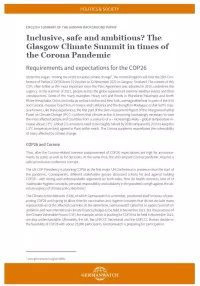
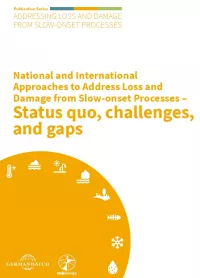
In addition to amplifying extreme weather events, climate change also causes or intensifies slow-onset processes such as sea-level rise, desertification, biodiversity loss or permafrost thaw. Both types of climate change impacts cause loss and damage, impede the enjoyment of human rights and can be drivers for human mobility. In contrast to extreme weather events, dealing with loss and damage caused by slow-onset processes in the context of climate change is still neglected – both at the national and international level. The publication series "Addressing Loss and Damage from Slow-Onset Processes" responds to this challenge and aims to foster awareness of the urgency to act in this area and provide input for processes at the national and international levels.


